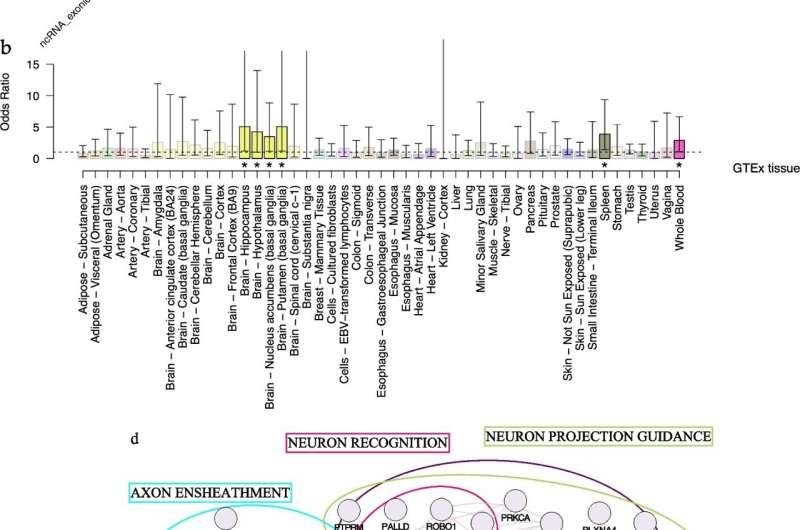Tandem repeats are repeated sections of a DNA strand that make up about seven percent of the human genome. The likelihood of those tandem repeats causing errors in gene function increases each time they repeat, and they are known to cause conditions like Huntington’s disease and are implicated in many others, including autism spectrum disorder, schizophrenia and cardiomyopathy.
Now, a SickKids-led study is the first to show that in addition to the length of the tandem repeat, subtle changes in the composition of short tandem repeats (STRs) can also have a big impact on how genes work.
Published in Genome Biology, the research team analyzed genomic data from over 3,000 individuals in the general population and found that about seven percent of STRs in the human genome show variations in the sequence composition.

